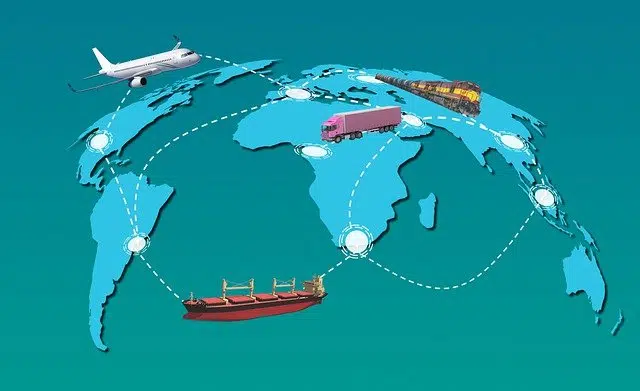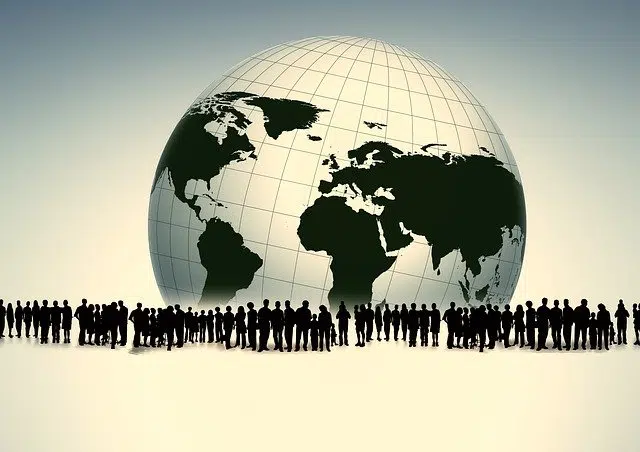
Globalization involves the integration of various countries into a single large world market.
Globalization is a modern phenomenon that can be analyzed from different angles. The term comes from the English globalization , where global is equivalent to worldwide . For this reason, there are those who believe that the most appropriate concept in Spanish would be globalization , derived from the French word mondialisation .
Broadly speaking, it could be said that globalization consists of the integration of various international societies into a single world capitalist market . For this reason, the phenomenon is defended from economic theories such as neoliberalism and by entities such as the International Monetary Fund and the World Bank .
Defenders of this global phenomenon present a multitude of reasons to be in favor of it. Thus, among them is the one that allows freedom to spread, gives rise to more jobs and a palpable growth of the economy, infant mortality has decreased, life expectancy has increased, women's rights have advanced. and child labor exploitation has decreased.
Criticisms of globalization
There are numerous schools of thought that believe that globalization transcends the economic issue and encompasses culture , for example. As the relationship of forces between the most developed nations (such as those in Europe or the United States) and the underdeveloped ones (such as those in Latin America or Africa) is extremely unequal, globalization without limits or controls favors cultural imperialism and economic domination , and threatens against the particular identity of each people.
Among the arguments used by the personalities and organizations most critical of the aforementioned globalization are also that this phenomenon favors privatization, increases competition, produces a "brain drain" and overexploits the environment.

Globalization transcends the economy and has multiple cultural and social implications.
Famous opponents
In the field of opposition to globalization are the figures of anti-globalization, among whom is, for example, Subcomandante Marcos, who is the leader of the Zapatista Army of National Liberation. What he and his companions do is openly criticize and act accordingly against an economic model in which profits do not reach the indigenous people but rather large corporations.
The French farmer José Bové is another of the most significant characters within anti-globalization and he carries out all kinds of acts against the aforementioned globalization. Thus, not only is he dedicated to raising animals on a farm in a traditional way but he also speaks out against large companies such as the McDonalds food chain.
The American writers Susan George and John Zerzan are also key figures within the aforementioned opposition position.
Origins and advance of globalization
The historical origin of globalization dates back to 1492 , when Christopher Columbus arrived in America . From there, Europe 's desire to expand was translated into a series of empires and global trade intensified year after year. The powers were based on the economic-political theory of mercantilism , which assumed competition for a finite amount of wealth and the need for strict control of trade. The tensions and confrontations gave rise to the first global treaty in history ( Treaty of Tordesillas ), where Spain and Portugal agreed on how to divide the conquered territories.
The advancement of technology , the rise of telecommunications and the Internet and the development of means of transportation have allowed the phenomenon of globalization to be an unavoidable reality in today's world.
